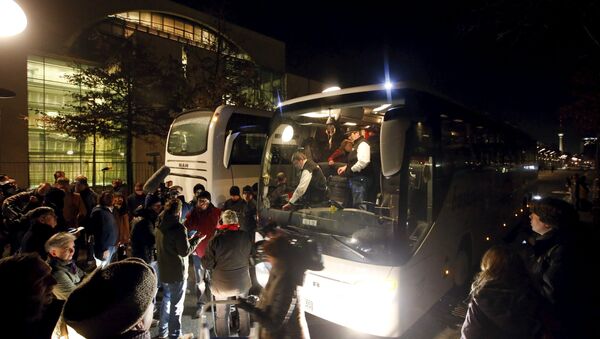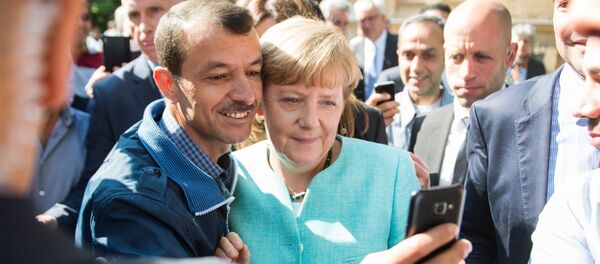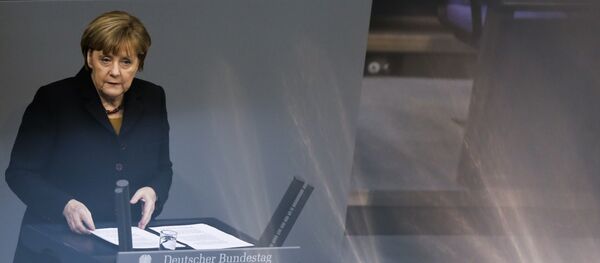The refugees were put on a bus in the town of Landshut and sent on a seven-hour journey to the German capital.
Earlier, Dreier said that if Germany is ok accepting one million refugees his district would accept only 1,800. The rest, he said, will be packed in buses and sent directly to Merkel’s office. He followed the bus in his car.
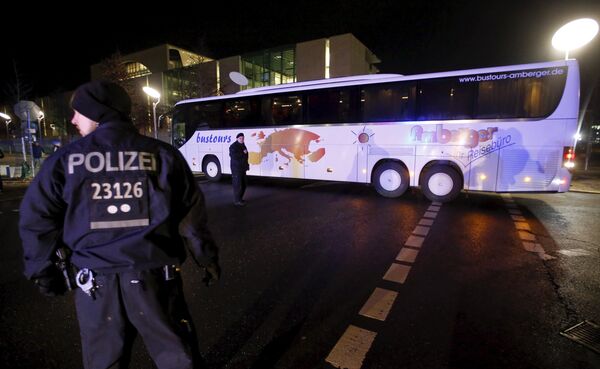
Otherwise, "this would pose a threat to the country’s order," Dreier said.
He explained that his district had 66 migrant facilities, and around 70 more refugees were coming every week.
The politician appeared to be acting on a threat he made to Merkel in 2015. Criticizing her words that Germany can deal with the influx of refugees, he is said to have issued a warning to the chancellor in a phone call in October, Daily Mail noted.
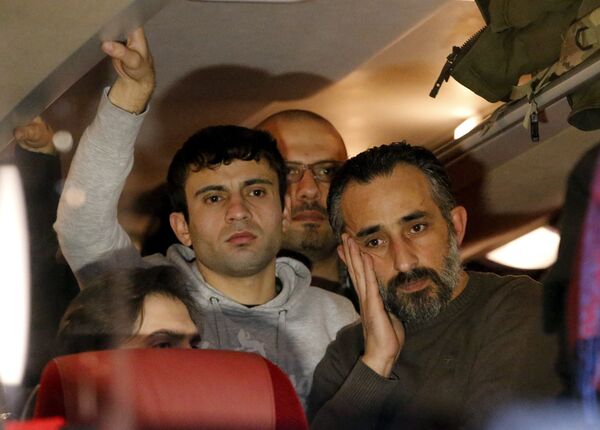
Die Welt reported citing Dreier’s representative that the politician wants to draw the government’s attention to the situation in the district because nothing is going to change until "Merkel herself feels the impact of the crisis."
"They [the government] say the number of migrants is decreasing, and the problem has been solved," a source told Die Welt. "But the authorities do not understand that our Bavarian district still has problems with immigrants who have come in the recent months."
Landshut spokesman Elmar Stoettner told AP that all 31 refugees on the bus had been granted asylum in Germany and volunteered to participate in the trip.
Later on, newspaper Berliner Zeitung reported that on Friday morning the refugees were send back to Bavaria, on the same coach.
Merkel is now under growing pressure over the country’s "open doors" stance on migrants coming to Germany, many from the conflict zones in the Middle East or Africa. The federal government has pledged it would provide over €1 billion annually until 2019 for social housing.
Some 1.1 million refugees crossed the German border in 2015, and several thousand continue to arrive every day.

